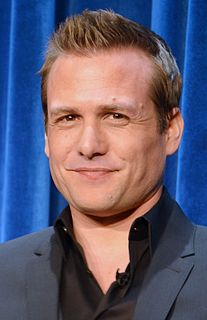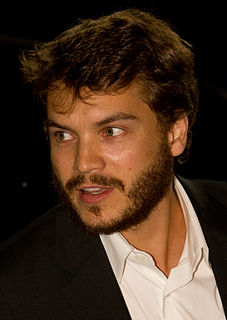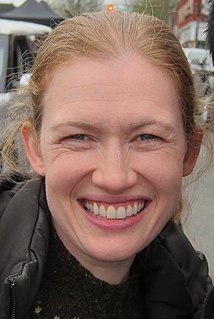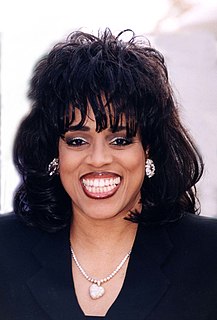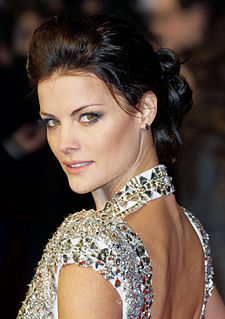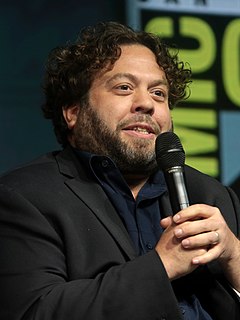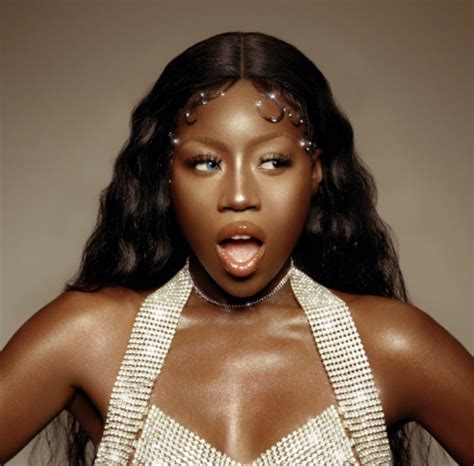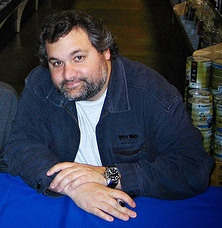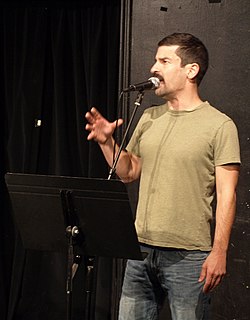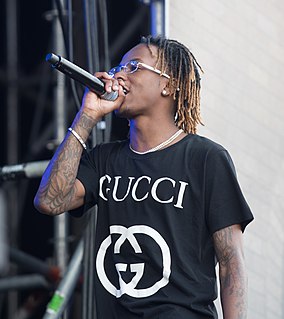A Quote by Gabriel Macht
I don't mind doing the green-screen stuff at all, and in fact it's a lot like black-box theater, which I did plenty of in New York.
Related Quotes
Green screen, you know, it's been interesting, it's my first time to ever work with green screen technology, and it's, sometimes it can be really boring because you're like wow, I've got to really imagine all of this stuff around me. But it's low maintenance, which is nice, um, and it's not as hard as I thought it would be, so.
'Mars Needs Moms' was motion capture, where you walk into a space that's essentially a black box with cameras everywhere. It was so technical. You have these mandibles with cameras on your face and a helmet, and you have to hit certain marks. You couldn't shoot this stuff without the green-screen aspect.
Woody Allen stayed so good because he never left New York. Howard Stern stayed so good because he never left New York - Mel Brooks when he just got out of New York was doing 'Blazing Saddles;' when he left New York he started doing stuff like 'Robin Hood Men In Tights' - he was in L.A. too long. He lost the edge.
